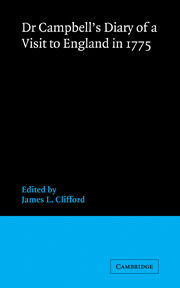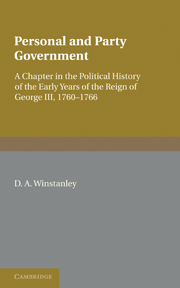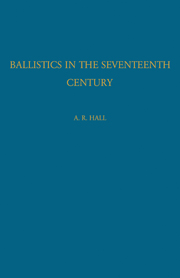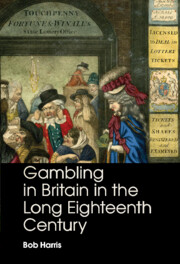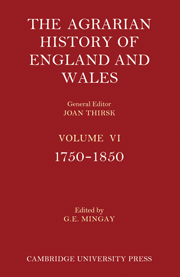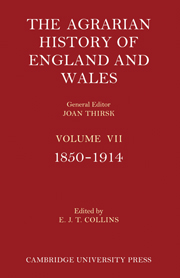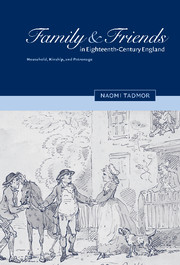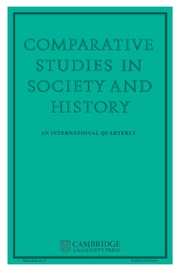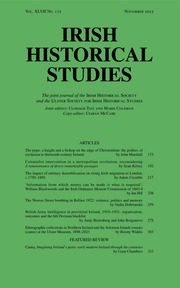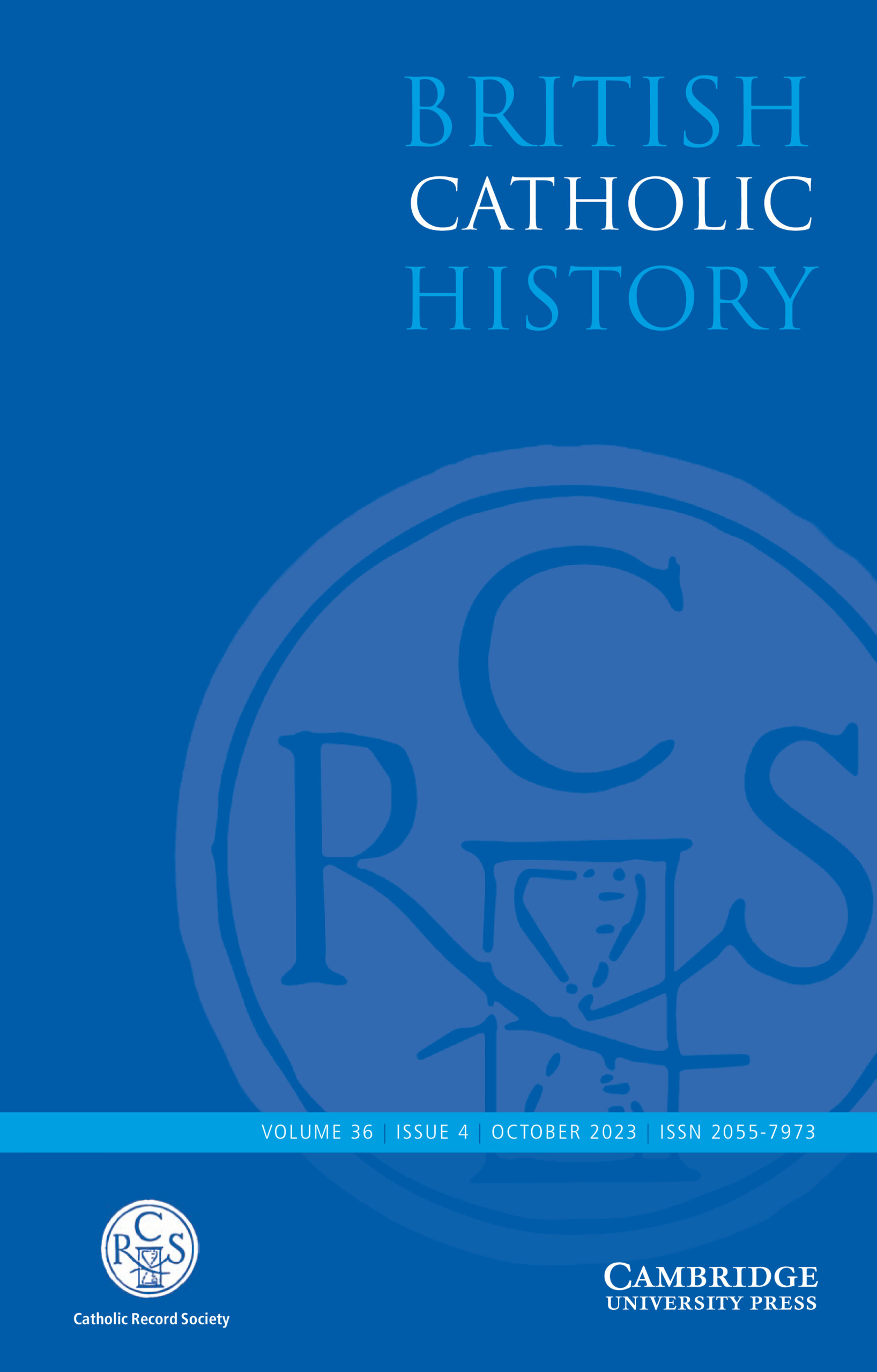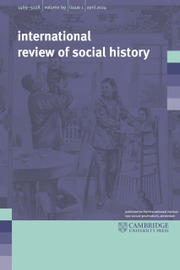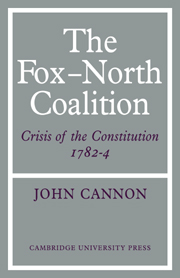
Aristocratic Century
The Peerage of Eighteenth-Century England
$43.99 (P)
Part of The Wiles Lectures
- Author: John Cannon
- Date Published: May 1987
- availability: Available
- format: Paperback
- isbn: 9780521335669
$
43.99
(P)
Paperback
Other available formats:
eBook
Looking for an examination copy?
This title is not currently available for examination. However, if you are interested in the title for your course we can consider offering an examination copy. To register your interest please contact [email protected] providing details of the course you are teaching.
-
Since the work of Butterfield and Namier in the 1930s, it has commonly been said that eighteenth-century England appears atomised, left with no overall interpretation. Subsequent work on religious differences and on party strife served to reinforce the image of a divided society, and in the last ten years historians of the poor and unprivileged have suggested that beneath the surface lurked substantial popular discontent. Professor Cannon uses his 1982 Wiles Lecture to offer a different interpretation - that the widespread acceptance of aristocratic values and aristocratic leadership gave a remarkable intellectual, political and social coherence to the century. He traces the recovery made by the aristocracy from its decade in 1649 when the House of Lords was abolished as useless and dangerous. After the Glorious Revolution of 1688, the peerage re-established its hold on government and society. Professor Cannon is forced to challenge some of the most cherished beliefs of English historiography - that Hanoverian society, at its top level, was an open elite, continually replenished by vigorous recruits from other groups and classes. He suggests that, on the contrary, in some respects the English peerage was more exclusive than many of its continental counterparts and that the openness was a myth which itself served a potent political purpose. Of the prospering burgeoisie, he argues that the remarkable thing was not their assertiveness but their long acquiescence in patrician rule, and he poses the paradox of a country increasingly dominated by a landed aristocracy giving birth to the first industrial revolution. His final chapter discusses the ideological under-pinning which made aristocratic supremacy acceptable for so long, and the emergence of those forces and ideals which were ultimately to replace it.
Reviews & endorsements
' … contains much new material and an abundance of really illuminating statistics, and it retains the pace and vigour … which must have made his Wiles Lectures a pleasure to hear and which make the book based on them very stimulating to read.' John Habakkuk, The Times Literary Supplement
See more reviews'To some the scope of these revised Wiles Lectures may appear narrow, but the gusto and wit with which they are carried along bring a coherence to the eighteenth century that it has not known since Lewis Namier's day, and import a lightness of touch that carries a heavy load of facts and figures without strain.' F. M. L. Thompson, The Times Higher Education Supplement
' … distinguished by the lucidity, urbanity and gentle wit which have made the author one of the most civilised of English istorians writing today.' John Kenyon, The Observer
Customer reviews
Not yet reviewed
Be the first to review
Review was not posted due to profanity
×Product details
- Date Published: May 1987
- format: Paperback
- isbn: 9780521335669
- length: 204 pages
- dimensions: 228 x 155 x 15 mm
- weight: 0.304kg
- availability: Available
Table of Contents
Acknowledgements
Preface
1. Recruitment
2. Education and religion
3. Marriage
4. The sinews of power: political
5. The sinews of power: economic
6. The sinews of power: ideological
Conclusion
Index.
Sorry, this resource is locked
Please register or sign in to request access. If you are having problems accessing these resources please email [email protected]
Register Sign in» Proceed
You are now leaving the Cambridge University Press website. Your eBook purchase and download will be completed by our partner www.ebooks.com. Please see the permission section of the www.ebooks.com catalogue page for details of the print & copy limits on our eBooks.
Continue ×Are you sure you want to delete your account?
This cannot be undone.
Thank you for your feedback which will help us improve our service.
If you requested a response, we will make sure to get back to you shortly.
×
